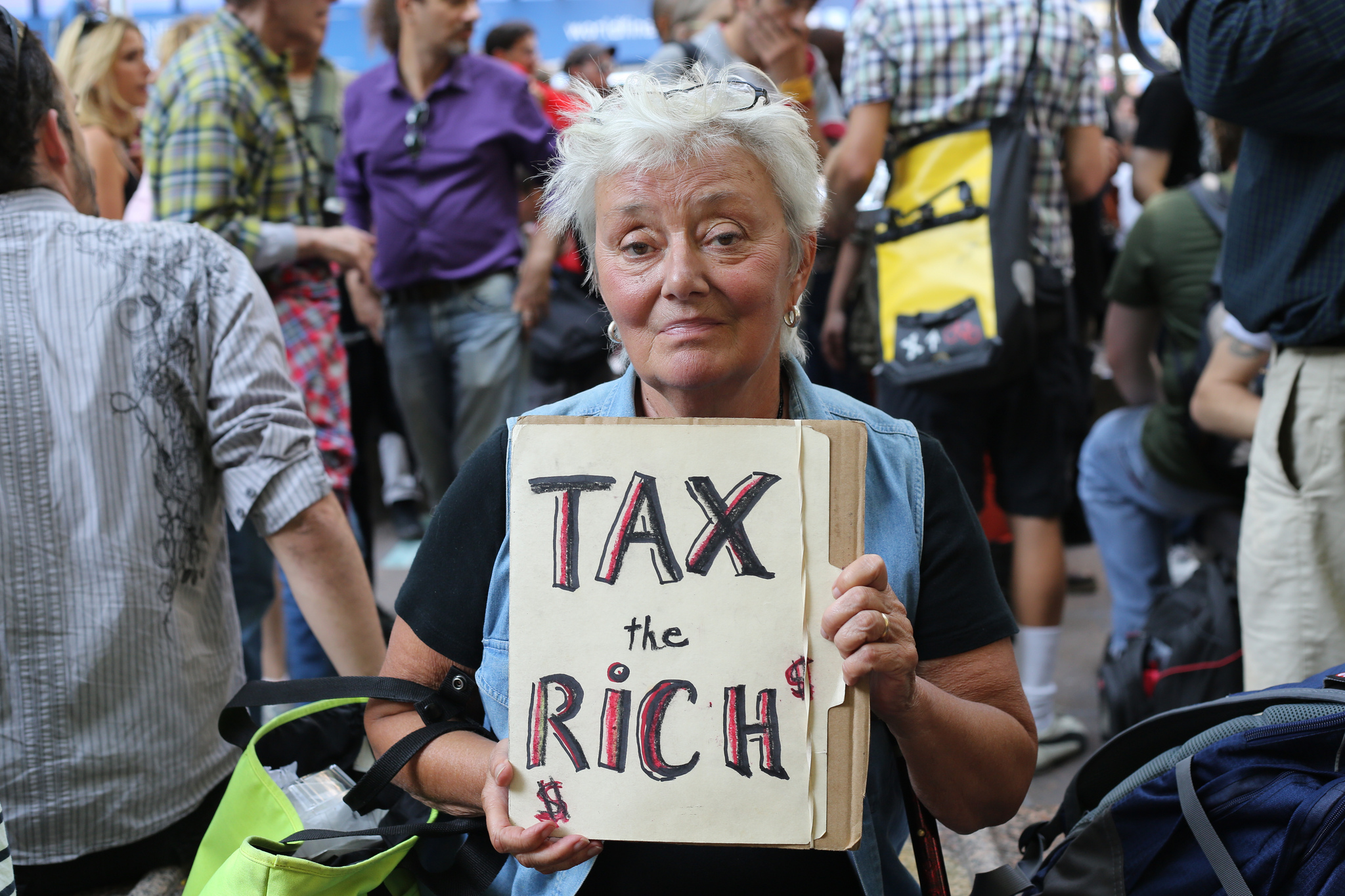
(Photo: Timothy Krause/Flickr)
Portland has just opened up a new front in the struggle against inequality. On November 7, local officials voted to slap a surtax on corporations that pay their chief executive officers more than 100 times what they pay their typical workers.
The Portland move will be the nation’s first tax penalty on corporations with extreme CEO-worker pay gaps. But it’s unlikely to be the last. Much like the Fight for $15, this bold reform could well spread like wildfire.
Indeed, we may look back at the Oregon vote as the dawn of a new “pay ratio politics.” Thanks to a new Securities and Exchange Commission regulation, publicly held corporations will this year have to start calculating the ratio between their CEO and median worker pay. The first of these ratios will go public in early 2018.
These federally mandated pay ratio disclosures will make it easy for states and cities to adopt Portland-style surtaxes—if they have the political will to do so.
In Portland, local officials had that will, and their deliberations showed just how broad the potential political support may be for leveraging the public purse against corporate pay practices that increase inequality. Each council member who voted for the surtax did so for slightly different reasons.
For the bill’s champion, Steve Novick, this was all about striking a blow against our nation’s skyrocketing inequality. “CEO pay is not just an eye-catching example of, but a major cause of, extreme economic inequality,” he said in a statement after the council vote. “Extreme economic inequality is—next to global warming—the biggest problem we have in our society.”
…
